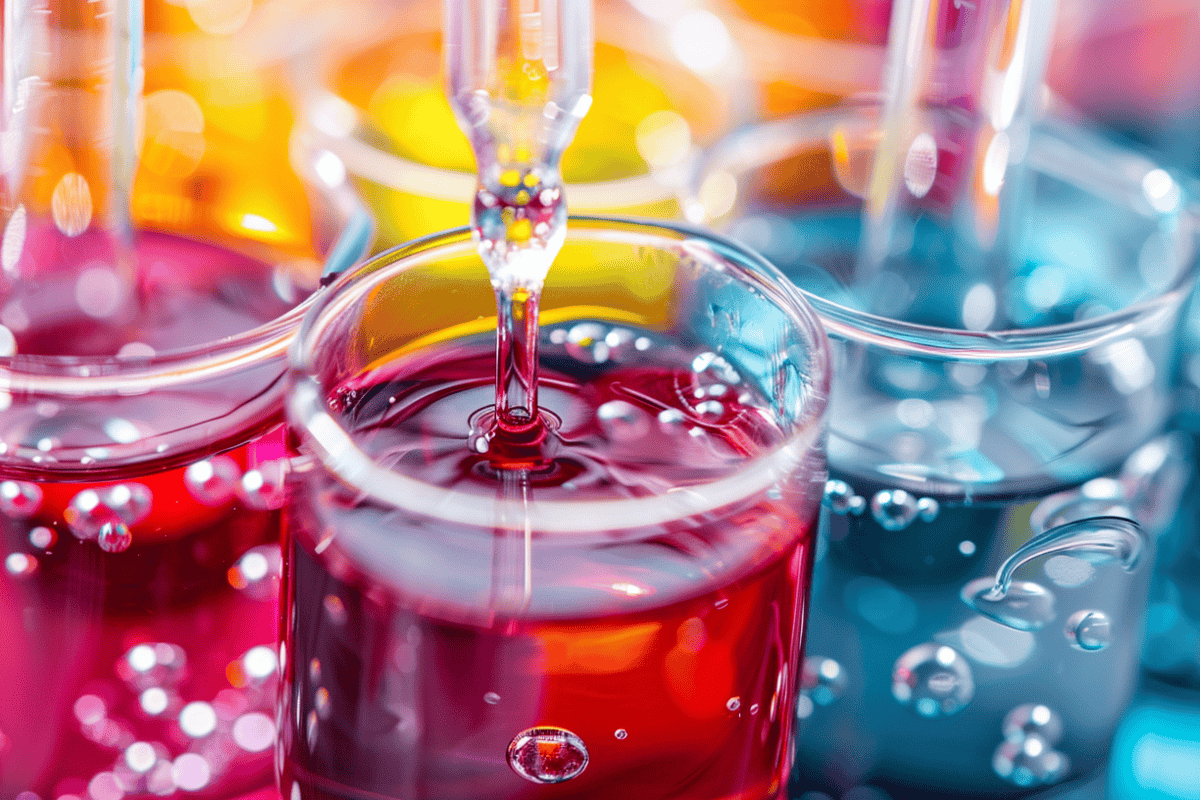Most people often associate addiction with substances like alcohol, tobacco or drugs. However, addiction can manifest in various forms, both physical and psychological. Substance addiction frequently makes headlines, and rightfully so, as it can negatively impact the lives of the addict and their loved ones. Behavioural addictions can have similar consequences.
Behavioural addiction pertains to an individual’s reliance on a certain activity that yields them pleasure. A prime example is the incessant pursuit of aesthetic alterations, such as cosmetic surgery. Here, Cosmetic Surgery Solicitors explores the potentially addictive nature of cosmetic procedures.
Unravelling the Underpinnings of Cosmetic Surgery Addiction
Cosmetic surgery addiction can be categorised as a behavioural disorder prompting an individual to constantly seek modifications to their physical appearance through aesthetic procedures.
At first glance, addiction to cosmetic surgery might seem unproblematic, particularly when compared to other forms of addiction. An initial procedure can yield a positive outcome, enhancing an individual’s self-image and promoting their overall wellbeing.
Nevertheless, the perceived benefits of the initial surgery can spark an interest in further changes. Individuals may either immediately arrange for additional procedures or gradually nurture the desire for further enhancements.
It is not uncommon for individuals to harbour dissatisfaction with certain physical features, ranging from minor perceived flaws like misaligned teeth to more conspicuous issues such as prominent ears or asymmetrical breasts. If a person consistently seeks out perceived defects and yearns for more cosmetic procedures, they may have succumbed to body dysmorphic disorder (BDD) and cosmetic surgery addiction.
Understanding Body Dysmorphic Disorder
Body dysmorphic disorder (BDD) or body dysmorphia means an intense preoccupation with perceived defects in one’s appearance, typically unnoticed by others.
BDD can affect anyone, regardless of age or gender, but it tends to be more common among adolescents and young adults. Experiencing BDD is not a sign of narcissism or vanity. On the contrary, it can cause distress and significantly influence the quality of life.
Individuals presenting with BDD symptoms often resort to cosmetic surgery in a misguided attempt to address underlying psychological issues, operating under the false belief that physical alterations will rectify their problems.
Regrettably, cosmetic surgery is seldom the solution. Those perpetually dissatisfied with their appearance are unlikely to find satisfaction in the results, as the desired outcomes remain elusive.
The Role of Social Factors
The incessant influence of social factors cannot be downplayed when considering plastic surgery addiction. In our perpetually connected society, impressionable minds, including young children, are increasingly subjected to unrealistic beauty standards via films, music videos, and the news.
Such societal influences can warp our perception of beauty and contribute to mental health conditions like BDD. Ideally, these issues should be resolved through therapeutic intervention rather than reliance on cosmetic surgery.
Hazards of Cosmetic Surgery Addiction
Addiction, regardless of whether it’s to substances or aesthetic procedures, can wreak havoc on your health. The perils associated with plastic surgery addiction are profound; the onset of chronic depression can pose significant hurdles in social and professional realms. Moreover, individuals may develop irritability or animosity towards supportive loved ones.
The most alarming issue is the impact of repeated cosmetic procedures on the body. Patients subjecting themselves to an excessive number of surgeries risk irreversible skin and muscle damage, such as muscle compression and pervasive scarring.
Curbing Cosmetic Surgery Addiction
Recognising the adverse effects of cosmetic surgery and its potential for addiction is critical to tackling this issue. Here are some strategies to steer clear of the snare of this addiction:
Comprehensive research: scrutinise the procedure, associated risks, and the recovery trajectory before consenting to cosmetic surgery. A thorough understanding will aid in making an enlightened decision.
Opting for a reputable surgeon: choose a proficient and experienced surgeon who values patient health and communicates realistic expectations about the procedure’s results.
Obtaining a second opinion: a consultation with another medical professional can provide fresh perspectives and facilitate a well-rounded decision.
Evaluating motivations: reflect on the driving forces behind your interest in cosmetic surgery and assess whether the desired procedure aligns with your principles and long-term aspirations.
Seeking Assistance for Cosmetic Surgery Addiction
Cosmetic surgery should not dictate the course of one’s life. If you or a person you know is battling plastic surgery addiction, it’s recommended to seek advice from your GP for guidance on the best course of action and available resources.
This is a sponsored post
Digital Health Buzz!
Digital Health Buzz! aims to be the destination of choice when it comes to what’s happening in the digital health world. We are not about news and views, but informative articles and thoughts to apply in your business.


